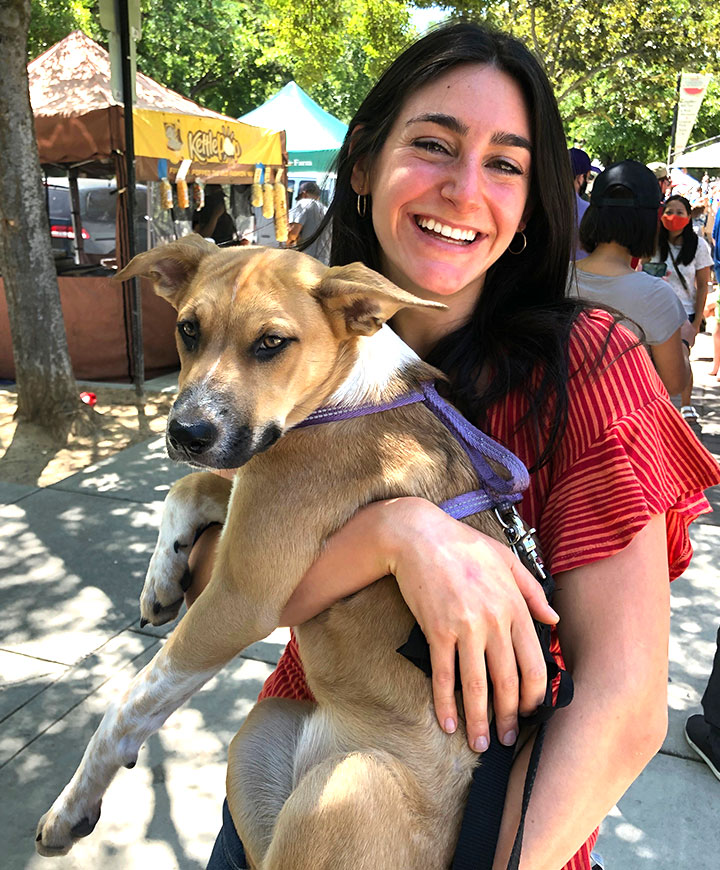Illiana Zisman - Bolivia (virtually)
The Amazon Rainforest spans across 40% of South America and constitutes about half of the remaining tropical forests on Earth. In August and September of 2019, the Amazon Rainforest experienced its worst fires since 2010. In Chiquitanía, Bolivia alone, six million acres of forest - an expanse the size of Vermont - have burned. Unfortunately, the deforestation and fires are not a discrete catastrophe, rather an established threat to animals and human communities of the region spanning decades, and worsening considerably in these past two years. These fires have been conclusively attributed to agribusiness and land grabbers who clear forest for cattle ranching.
After learning about the extent of the devastation to the Amazon and its inhabitants, I was eager to engage in efforts to help in any way I could. In learning about UC Davis’ Global Programs, I saw the perfect opportunity. I teamed up with an incredible group of mentors who each offered unique and invaluable guidance to the planning and realization of this remote project. We designed an electronic survey to distribute to clinics and rehabilitation centers in the region to characterize the impact of the fires on the wildlife presenting for care. My project specifically looked into the types of species presenting to centers, the kinds of injuries they sustained, treatments, and the course of their rehabilitation. I had the privilege of interviewing and surveying doctors on the frontlines of these disasters to learn about their medical interventions and experience in treating burned wildlife in Bolivia. Every interview supplied a level of insight that struck a unique chord with me and furthered not only my biological, ecological, and medical understanding of this crisis but left me awe inspired at the dedication and tireless work of these individuals to make a difference.
As much as this project was about understanding how veterinarians care for burned wildlife, it became just as much about the root of the issue. We could speak about the victims of these disasters but we can not ignore the source of their injuries. As was becoming clear interview after interview, the fires in the Amazon are being set intentionally to clear forests and meet global demand for meat. Extensive cattle ranching is the number one cause of deforestation in virtually every Amazon country, and it accounts for 80% of current deforestation. Ultimately, this devastation calls for an urgent shift to a more harmonious system, one that prioritizes the protection of the environment, people, and animals above all.
Culturally this has been a very meaningful experience for me. I’ve learned so much about the challenges and successes of these professionals, especially issues surrounding access to medications and therapies and the nature of the fires in the Amazon. On the flip side, I also got to hear about amazing lifesaving success stories of all the wildlife they’ve rehabilitated despite all these challenges.
It has been incredible to learn about their experience not only with individual patients but also to discuss larger issues at hand relating to the deforestation of the Amazon. This project is still ongoing and I am really excited to be able to continue to refine our results and uncover trends that will help us understand the standard of care as it exists right now, and with this information be better prepared for deforestation related fires in the future both internationally and nationally. I am so grateful for this opportunity, and for everyone who’s supported and guided me along the way - especially my mentors - Dr. Alandia, Dr. Uhart my South American mentors and Dr. Peyton, and Dr. Butkus my U.S. mentors, and all the Bolivian colleagues I’ve been able to collaborate with and form relationships with.



